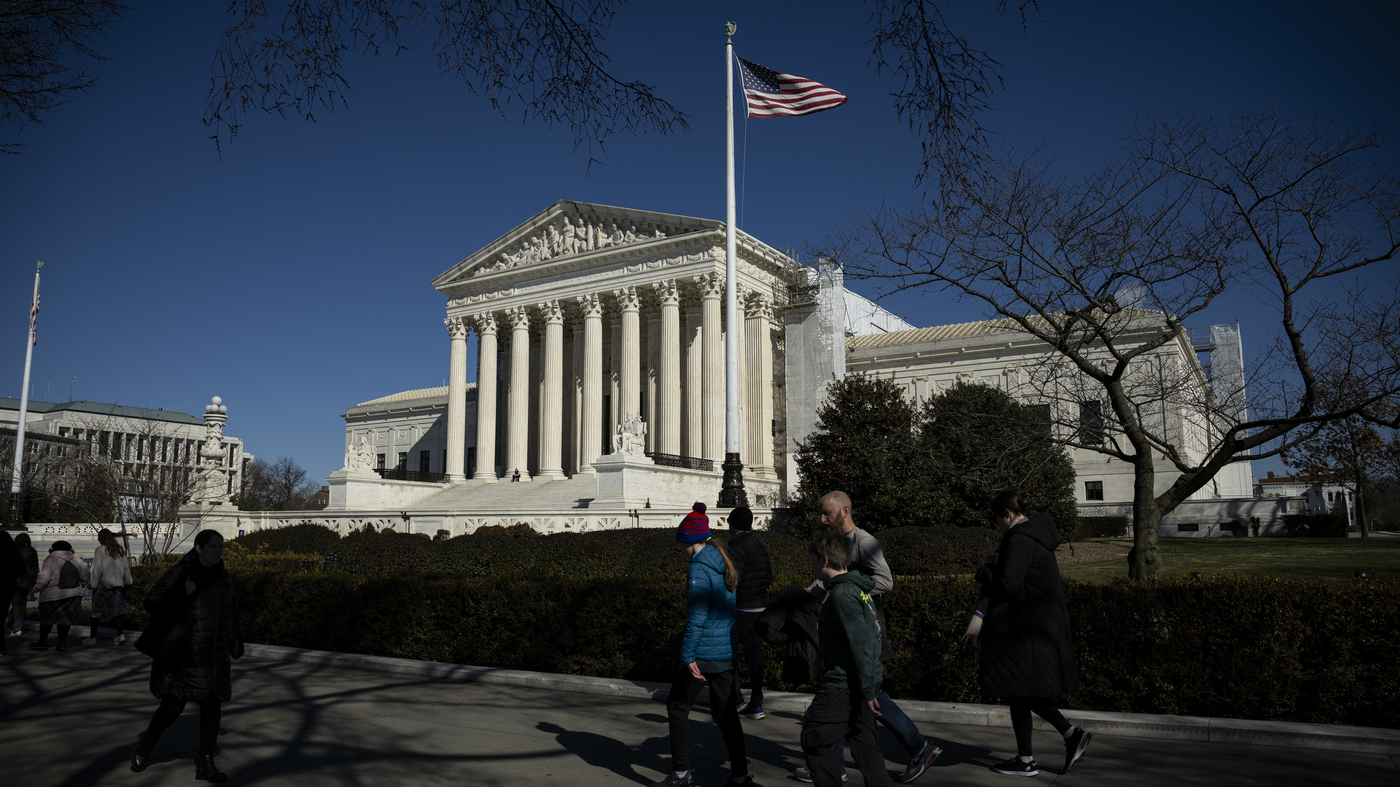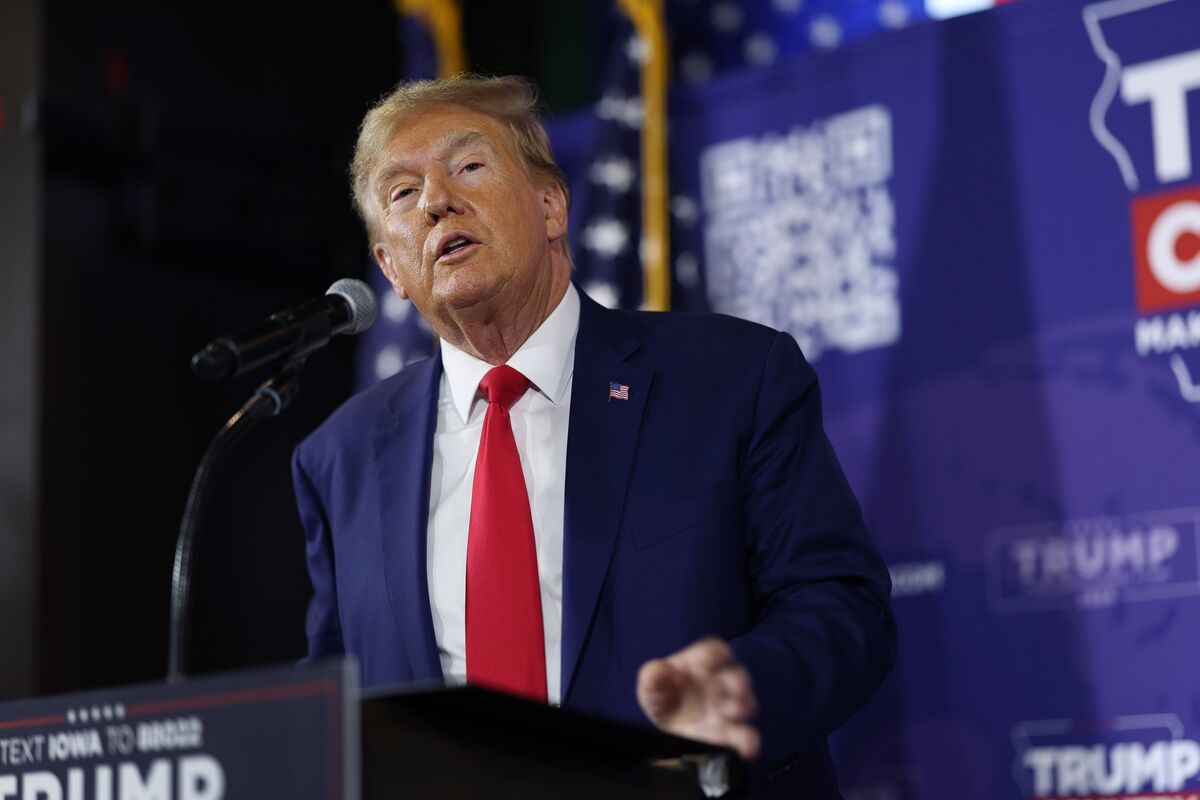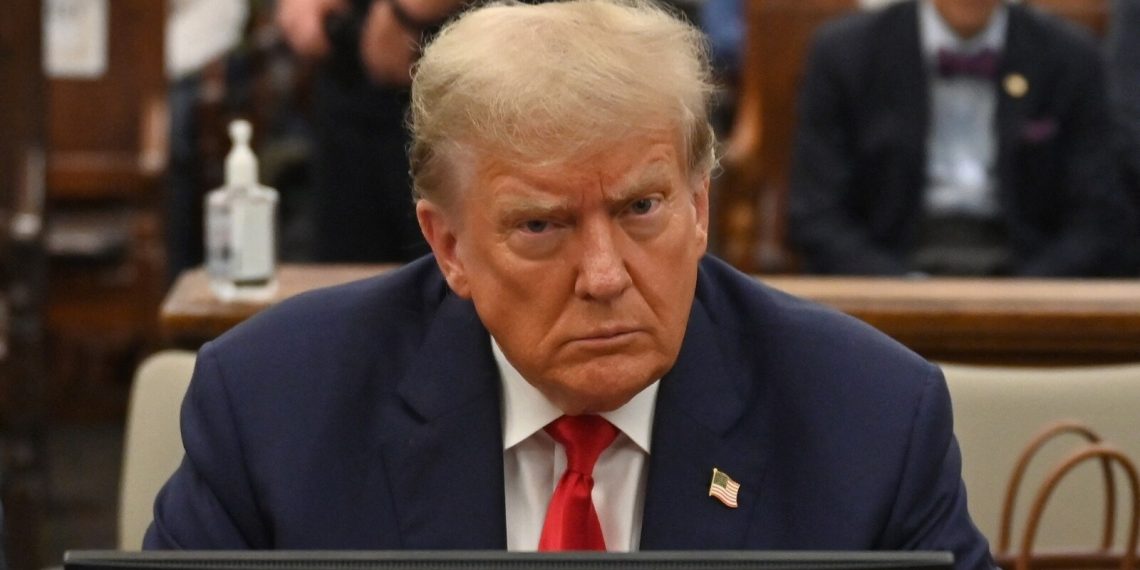The Supreme Court’s decision to consider Donald Trump’s claim of immunity from criminal prosecution extends the legal saga surrounding the former president, with any resolution unlikely before summer.
The court’s intervention in Trump v. United States adds another layer to the complex relationship between the justices and the contentious political figure.
Trump’s assertion of immunity, despite rejection by a lower federal court, has drawn the attention of the highest court in the land. The decision to grant review allows Trump’s legal team to present arguments before the justices, potentially influencing the outcome of the case.

While Trump has portrayed the court’s action as a victory, it prolongs the uncertainty surrounding his legal battles. The delay means any trial related to the alleged subversion of the 2020 election will not occur until after the court’s decision, likely in late June.
The justices’ willingness to hear Trump’s appeal underscores the gravity of the issues at stake. The outcome could have far-reaching implications for presidential accountability and the rule of law.
Meanwhile, Trump faces multiple legal challenges, including a criminal trial scheduled for March 25 in New York. The trial, focusing on allegations of falsifying business records, is expected to last six weeks, further complicating Trump’s legal predicament.

Despite the legal hurdles, Trump remains defiant, expressing confidence in the court’s eventual decision. His social media posts reflect a mix of anticipation and skepticism, mirroring the unpredictable nature of his legal battles.
As the Supreme Court navigates Trump’s immunity claim amid a busy docket, the implications for the nation’s legal and political landscape remain profound.





